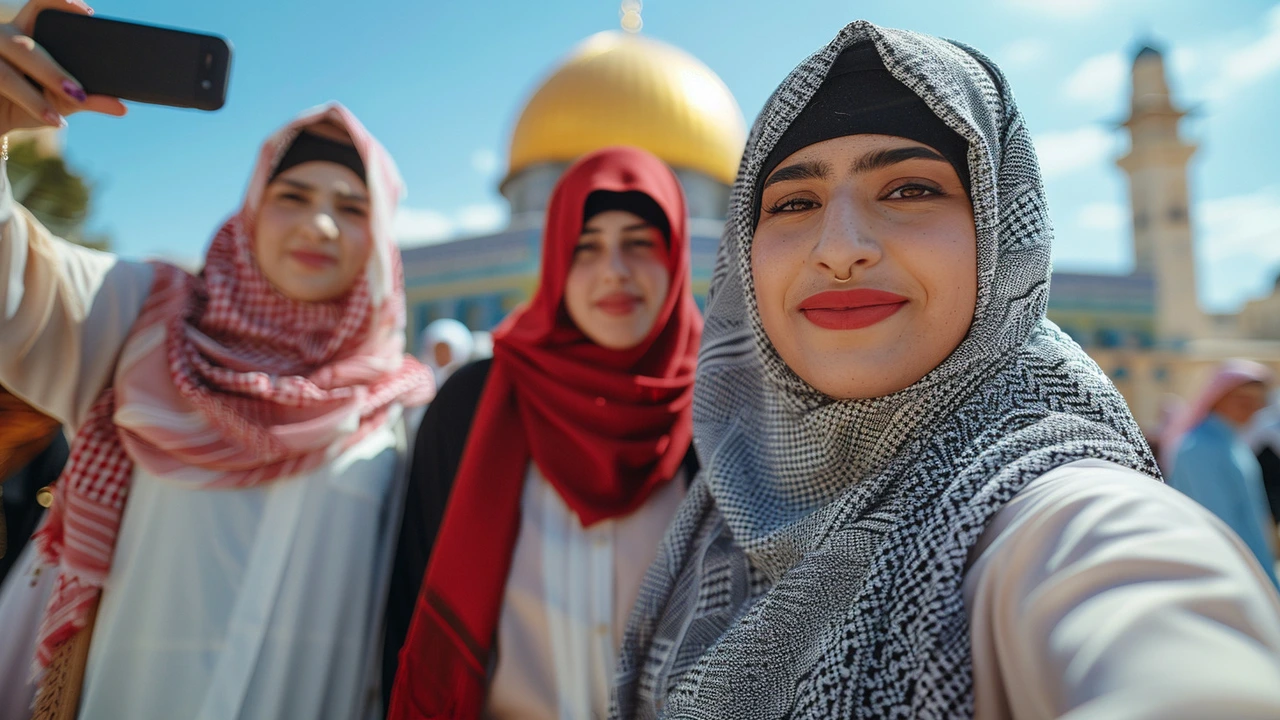Eid ul-Adha in Africa – What You Need to Know
Every year Muslims around the world set aside a few days for Eid ul‑Adha, the Festival of Sacrifice. In Africa it’s more than just a religious rite; it’s a time when families, friends and whole neighborhoods come together for food, prayers and big celebrations. If you’re curious about what makes this holiday special on the continent, keep reading – we’ll break down the basics, share some practical tips, and point you to where you can stay updated with the latest news.
Why Eid ul‑Adha matters
The festival marks the end of the Hajj pilgrimage and commemorates Prophet Ibrahim’s willingness to sacrifice his son. For most African Muslims, the story is a reminder of faith, generosity and community support. The day starts with a special prayer at the mosque or an open field, followed by the actual sacrifice of an animal – usually a goat, sheep or cow.
What sets Africa apart is how each country adds its own flavor. In West African nations like Nigeria and Senegal, you’ll hear drums and see colorful clothing as people line up for the prayer. In East Africa, especially in Kenya and Tanzania, families often travel long distances to be with relatives for the feast.
Practical tips for celebrating Eid ul‑Adha
Prayer times: The Eid prayer is usually held early in the morning, right after sunrise. Check local mosque notices or use a reliable app to confirm the exact time for your city – timing can shift a few minutes depending on the moon sighting.
Sacrifice guidelines: Many African governments have rules about where you can slaughter an animal. In South Africa, licensed abattoirs handle most of the work, while in Ethiopia and Sudan, it’s common to do it at home under a vet’s supervision. Make sure you follow local health regulations to avoid fines.
Cooking ideas: After the sacrifice, the meat is divided into three parts – one for the family, one for friends and neighbors, and one for those in need. Popular dishes include jollof rice with spiced goat, biryani in Kenya, and tagine with lamb in Morocco. If you’re looking for quick recipes, search for "Eid ul‑Adha fast‑cook" on our site – we’ve got step‑by‑step guides.
Travel advice: Roads get busy during the holiday, especially near major mosques. Book tickets early if you’re flying, and plan extra time for road trips. Many airlines offer special Eid meals; just request them when you check in.
Charity tips: Giving to those less fortunate is a big part of Eid. Look for local charities or community groups that collect meat donations. If you’re abroad, several African NGOs accept online contributions and will distribute the food where it’s needed most.
All these details can feel overwhelming, but that’s why we’ve built this tag page. Every article tagged “Eid ul‑Adha” on Ancient Earth News covers a piece of the puzzle – from travel updates in Kenya to new government rules on animal welfare in Nigeria. Bookmark the page and check back often; you’ll get fresh stories, interviews with community leaders, and practical guides right as the holiday approaches.
So whether you’re preparing your first Eid feast, planning a trip to see family, or just want to understand how different African cultures celebrate this sacred day, you’ve got everything you need in one place. Keep an eye on our updates, share the page with friends, and enjoy a blessed Eid ul‑Adha!
Eid ul-Adha 2024: History, Significance, and Global Celebrations of the Feast of Sacrifice
Eid ul-Adha, known as the Feast of Sacrifice, is a significant Islamic festival celebrated worldwide. It honors the faith and obedience of Ibrahim and Isma'il and coincides with the Hajj pilgrimage. The event involves prayers, animal sacrifices, and sharing meat with family, friends, and the needy, promoting values like compassion, generosity, and unity among Muslims.
READ MORE
